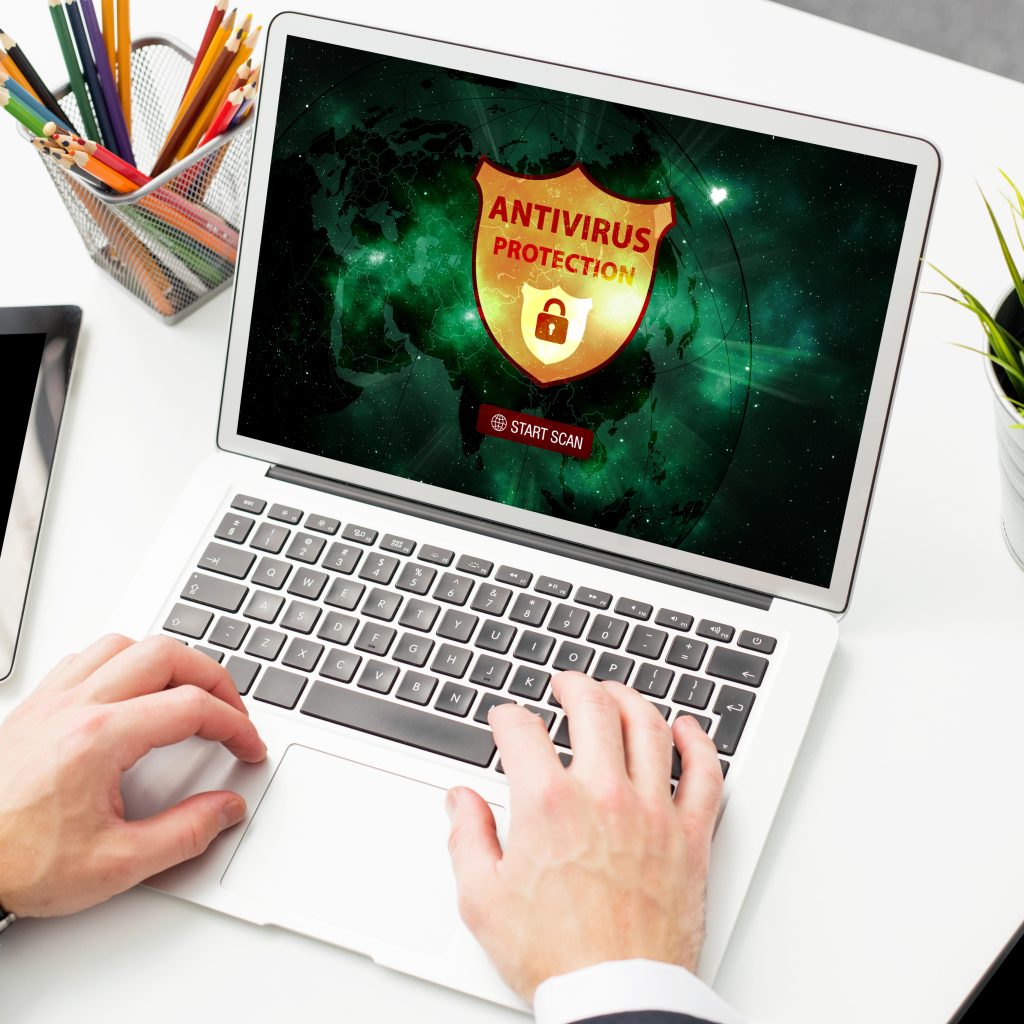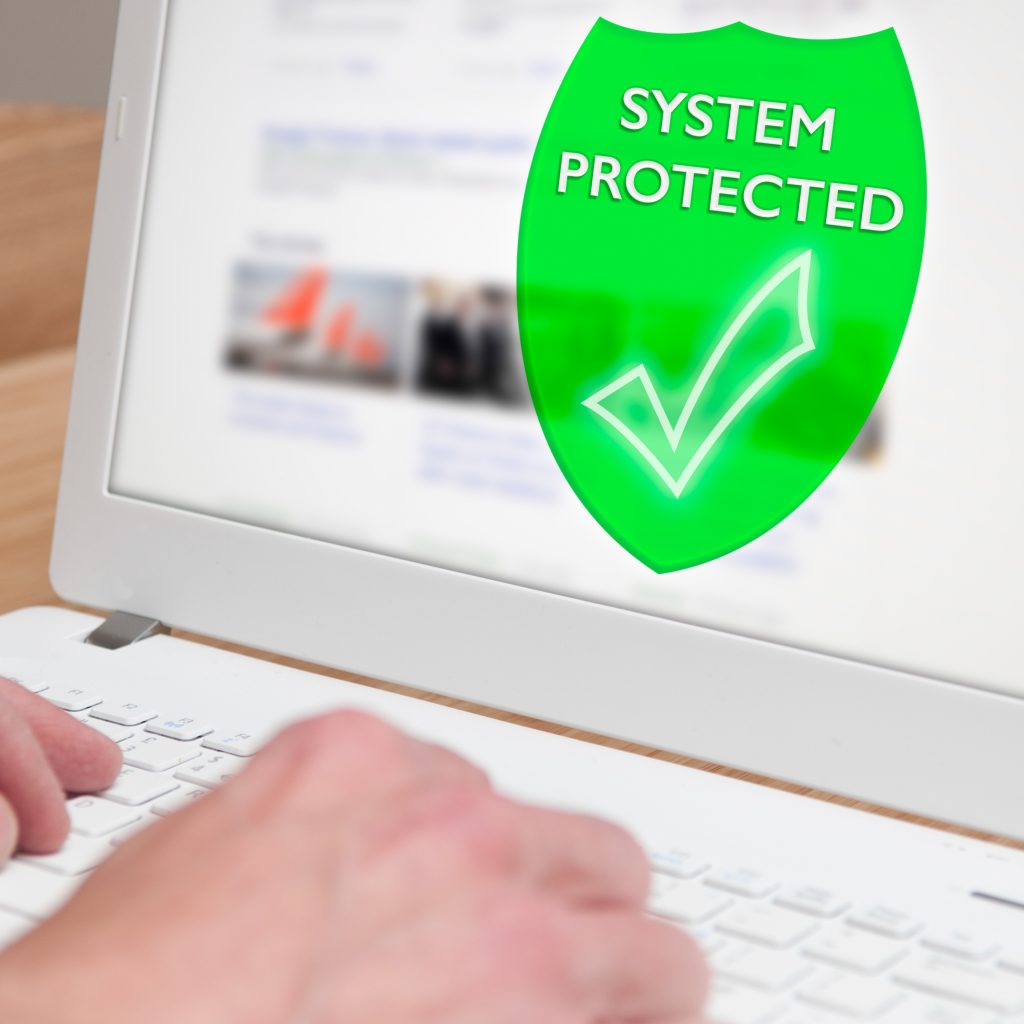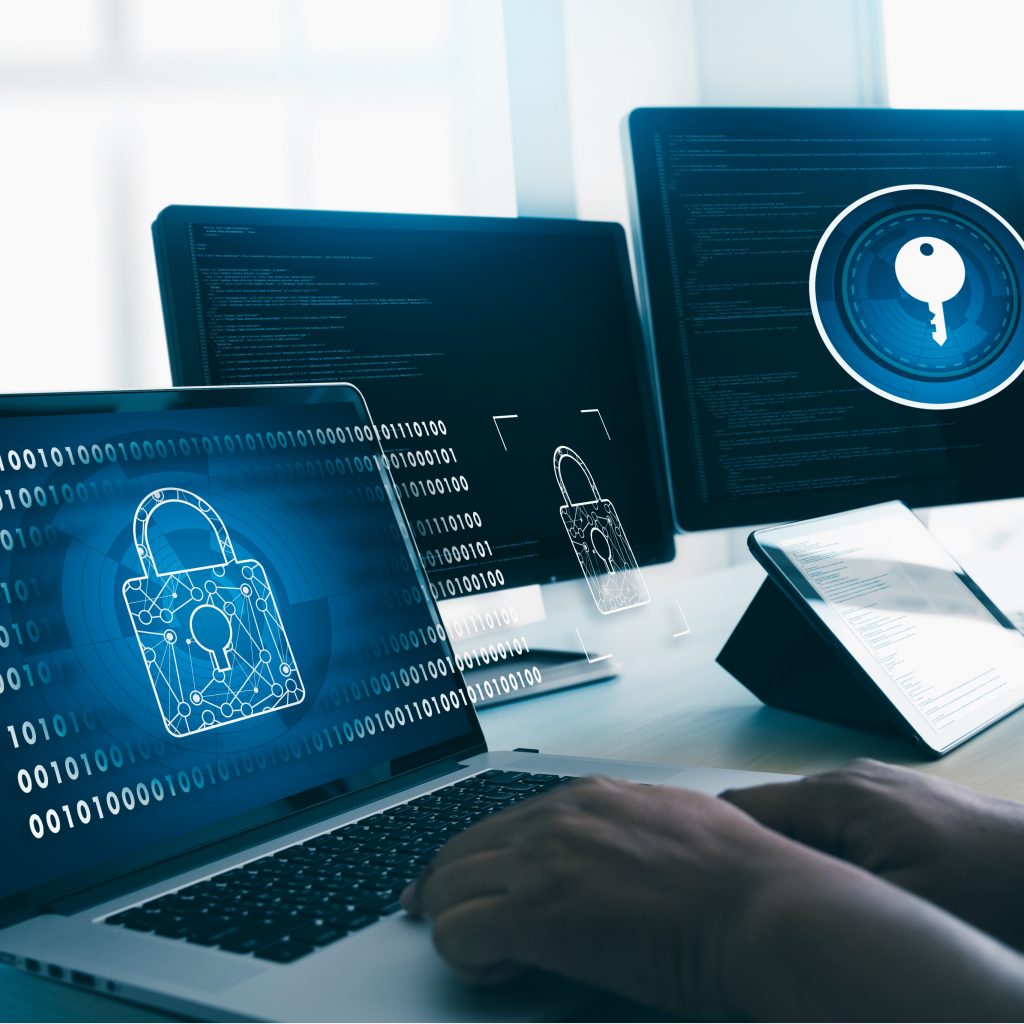In today’s digital age, protecting your devices and personal information is more important than ever. One of the most popular methods of defense against online threats is antivirus software. But what exactly is antivirus, and what are its advantages and disadvantages?
With the rise of cybercrime and malware attacks, antivirus software has become a staple for computer users around the world. It is designed to detect, prevent, and remove malicious software from your devices, ensuring the safety and security of your data. However, like any technology, antivirus software has its pros and cons that users should be aware of.
Understanding the ins and outs of antivirus software is crucial in today’s digital landscape. By exploring its advantages and disadvantages, you can make an informed decision about whether to invest in this essential cybersecurity tool. In this article, we will delve into the world of antivirus, uncovering its benefits and potential drawbacks.
What is Antivirus?
In today’s digital age, cybersecurity has become more important than ever. One crucial tool in safeguarding our devices and data is an antivirus program. Antivirus software is designed to detect, prevent, and remove malicious software from computers, tablets, and smartphones. By constantly scanning for viruses, malware, and other threats, antivirus programs provide a crucial layer of protection against cyber attacks and digital threats.

Types of Antivirus Software
There are several different types of antivirus software available in the market, including AVAST, AVG, Kaspersky, Norton, McAfee, and Bitdefender, among others. These antivirus programs offer protection against viruses, malware, spyware, and other online threats.
These antivirus software are available for various operating systems, including Windows, MacOS, and Android devices. For Windows, popular and free antivirus options include AVAST, AVG, Kaspersky, Norton, and McAfee. For MacOS, users can choose from antivirus software such as AVAST, AVG, and Bitdefender. And for Android devices, there are antivirus options like AVAST, AVG, and Bitdefender.
Choosing the right antivirus software for your specific operating system is essential to ensure the best protection against online threats. It’s crucial to regularly update the antivirus software to stay protected from the latest viruses and malware. With the wide range of options available, users can select the antivirus software that best suits their needs and provides comprehensive security for their devices.
Benefits of Using Antivirus Software
Antivirus software offers a range of benefits for both individuals and businesses. Firstly, it provides essential virus and malware protection, safeguarding your devices from malicious threats that can compromise sensitive data and disrupt operations. Additionally, antivirus software helps to block spam and pop-ups, reducing distractions and potential security risks. Web protection features ensure safe browsing by identifying and blocking dangerous websites, protecting users from phishing attempts and fraudulent activity.
Real-time scanning is another key advantage, as it continuously monitors files and programs for any suspicious behavior or potential threats, providing an added layer of security. Furthermore, antivirus software offers protection from external devices such as USB drives, preventing the transfer of any infected files to your system. This is particularly important in preventing the spread of viruses and malware across networks.
Overall, the benefits of using antivirus software are clear: it provides comprehensive protection against a range of digital threats, helps to maintain the integrity of your devices and data, and ensures a safer and more secure online experience.
Advantages of Antivirus
Antivirus software is a type of computer program designed to protect computers from malicious programs and other online threats. Antivirus software scans files, websites, and emails for potential threats and blocks them from entering the device. It also monitors network traffic for malicious activity and can quarantine or delete suspicious programs.

Basic Protection From Malicious Files and Emails
To protect your computer from malicious files and emails, you need to install and use antivirus software. Once installed, ensure that the software is updated regularly to be effective against the latest threats. To scan your system for malicious files, initiate a full system scan using the antivirus software. This will check all the files and programs on your computer for any potential threats. If any malicious software is found, the antivirus software will provide the option to either delete or quarantine the files. Deleting will remove the threats from your system, while quarantining will isolate them to prevent further harm.
To ensure ongoing protection, schedule regular scans of your system and set up real-time protection, which will actively monitor and stop any malicious software from entering your computer. Additionally, be cautious of suspicious emails and avoid downloading attachments or clicking on links from unknown sources. By following these steps and utilizing antivirus software, you can effectively protect your computer from online threats.
Comprehensive Protection For Online Threats and Cyber Security Holes
To implement comprehensive protection for online threats and cyber security holes, start by regularly updating your antivirus software to ensure that it is equipped to defend against the latest threats. Additionally, using secure web browsers with built-in security features adds an extra layer of protection against malicious websites and cyber attacks.
Incorporate regular monitoring of your network for any suspicious activity, such as unusual traffic or unauthorized access, to quickly identify and address potential security breaches. Educating your employees on safe internet practices, such as avoiding clicking on suspicious links and using strong, unique passwords, can also help prevent cyber threats.
Consider investing in a reliable cybersecurity solution specifically tailored to your business’s needs and vulnerabilities. A comprehensive cybersecurity solution can provide advanced threat detection and response capabilities, as well as ongoing security updates and support.
By implementing these measures, you can mitigate the risk of online threats and cyber security holes, safeguarding your business and its sensitive information.
Enhanced User Experience With Premium Version
The premium version of our antivirus software offers advanced features that greatly enhance the user experience. With spam filtering, users can enjoy a cleaner and more organized inbox, as well as reduced risk of falling for phishing scams. Parental controls provide the additional peace of mind for parents by ensuring their children are protected from inappropriate content online. The advanced firewall offers heightened protection against potential cybersecurity threats, while automatic updates ensure users are always equipped with the latest security measures.
By providing these premium features, our antivirus software contributes to a safer and more efficient user experience. With enhanced protection against spam and phishing, users can trust that their information and data are secure. Parental controls add an additional layer of safety for families, and the advanced firewall ensures a higher level of protection against cyber threats. The automatic updates also save users time and effort by maintaining the software’s effectiveness without manual intervention.
Real-Time Scanning to Detect Potential Threats Immediately
To enable real-time scanning in your antivirus software, follow these steps to ensure constant monitoring for potential threats. First, open your antivirus software and navigate to the settings or preferences menu. Look for an option specifically labeled “real-time scanning” or “active protection.” Enable this feature to allow the antivirus software to continuously monitor your device for potential threats as they arise.
Real-time scanning is essential to detect and prevent attacks before any damage occurs. By constantly monitoring your device, the antivirus software can quickly identify and neutralize potential threats, providing a higher level of security for your device and data. Once the feature is activated, the antivirus software will automatically scan files, applications, and processes in real-time, keeping your device protected at all times.
Enabling real-time scanning in your antivirus software is a crucial step in maintaining the security of your device. By staying vigilant against potential threats, you can minimize the risk of security breaches and other harmful attacks. Make sure to check your antivirus software settings and activate this feature to ensure comprehensive protection against potential threats.
Networking Software for Securing Credit Card Details and Financial Information
Networking software plays a crucial role in securing credit card details and financial information by utilizing various methods to scan and detect suspicious behavior. This includes monitoring network traffic for any unauthorized access or unusual patterns that may indicate a potential threat. Additionally, the software employs advanced algorithms to identify and quarantine malware, effectively removing any threatening elements from the network.
To stay updated and combat emerging threats, networking software regularly receives updates that include the latest definitions and signatures to identify new types of malware and cyber threats. This ensures that the software remains proactive in protecting sensitive financial data from evolving security risks.
Traditional antivirus programs are often inadequate in providing the level of security required for safeguarding credit card details and financial information. Unlike conventional antivirus software, networking software offers comprehensive protection by actively monitoring network activities and providing a range of tools for quarantining and removing threats, thereby ensuring the highest level of security for sensitive financial data.
Disadvantages of Antivirus
When it comes to protecting our devices from malware and cyber threats, antivirus software is often the go-to solution. However, there are also some disadvantages to relying on antivirus as our main line of defense.
Uses Up Processing Power To Run Scans and Monitor Activity In the Background
Antivirus software uses up processing power to run scans and monitor system activity in the background. As the software constantly monitors for any suspicious activity and runs scans to detect and neutralize security threats in real-time, it requires a certain amount of processing power to perform these tasks effectively. The continuous monitoring and scanning can impact the performance of the device, as the software needs to use resources to analyze and process the data it collects. This can lead to slower system performance, especially during intensive scans or when the software is actively monitoring for potential threats.
Therefore, it is important for users to be mindful of the impact that antivirus software can have on their device’s processing power and performance, and to ensure that their device has enough resources to effectively run the antivirus software without significantly hindering its performance.
Firewall Feature Could Potentially Block Legitimate Email or Websites
One potential issue with a firewall feature is the risk of false positives, where legitimate emails or websites are mistakenly blocked. This can have a negative impact on user experience as important emails may be missed, or access to trusted websites may be restricted. False positives can occur when the firewall’s filtering rules are too strict or when it incorrectly identifies legitimate content as a security threat.
To mitigate these issues, users can adjust their firewall settings to be less aggressive in blocking legitimate content. This can involve fine-tuning filter rules or adjusting sensitivity levels to reduce the likelihood of false positives. Additionally, users can whitelist trusted websites or add trusted email addresses to ensure that they are not inadvertently blocked by the firewall.
By taking these steps, users can minimize the risk of legitimate emails or websites being blocked by the firewall feature, maintaining a positive user experience while still benefiting from enhanced security measures.

Conclusion
In conclusion, antivirus is an essential tool for anyone who wants to protect their computer from malicious attacks and viruses. While it can be expensive, the advantages of using an antivirus program far outweigh the disadvantages. Not only does it provide protection against a wide range of threats, but it also helps keep your system running smoothly by eliminating unnecessary processes that might slow down your system. Additionally, there are a variety of different antivirus programs available, giving you the freedom to choose the one that best suits your needs.
